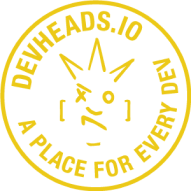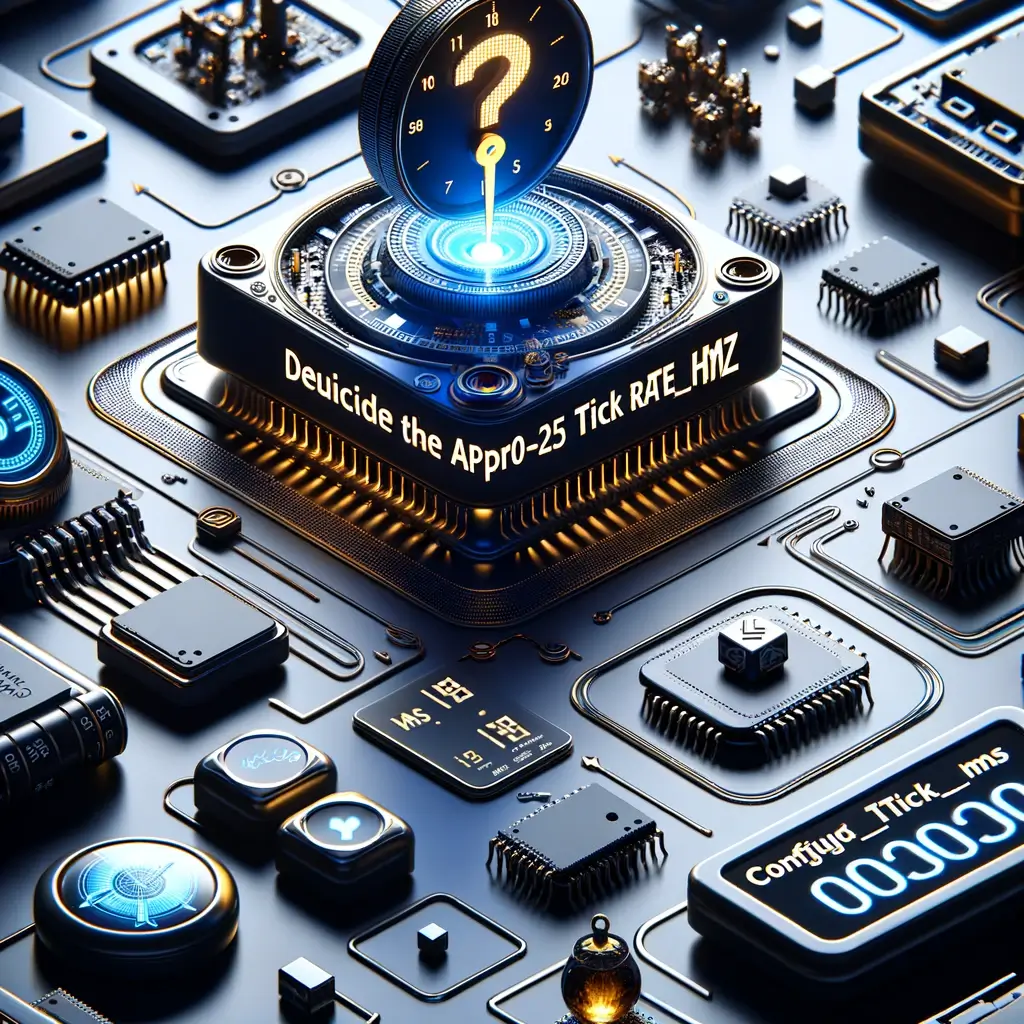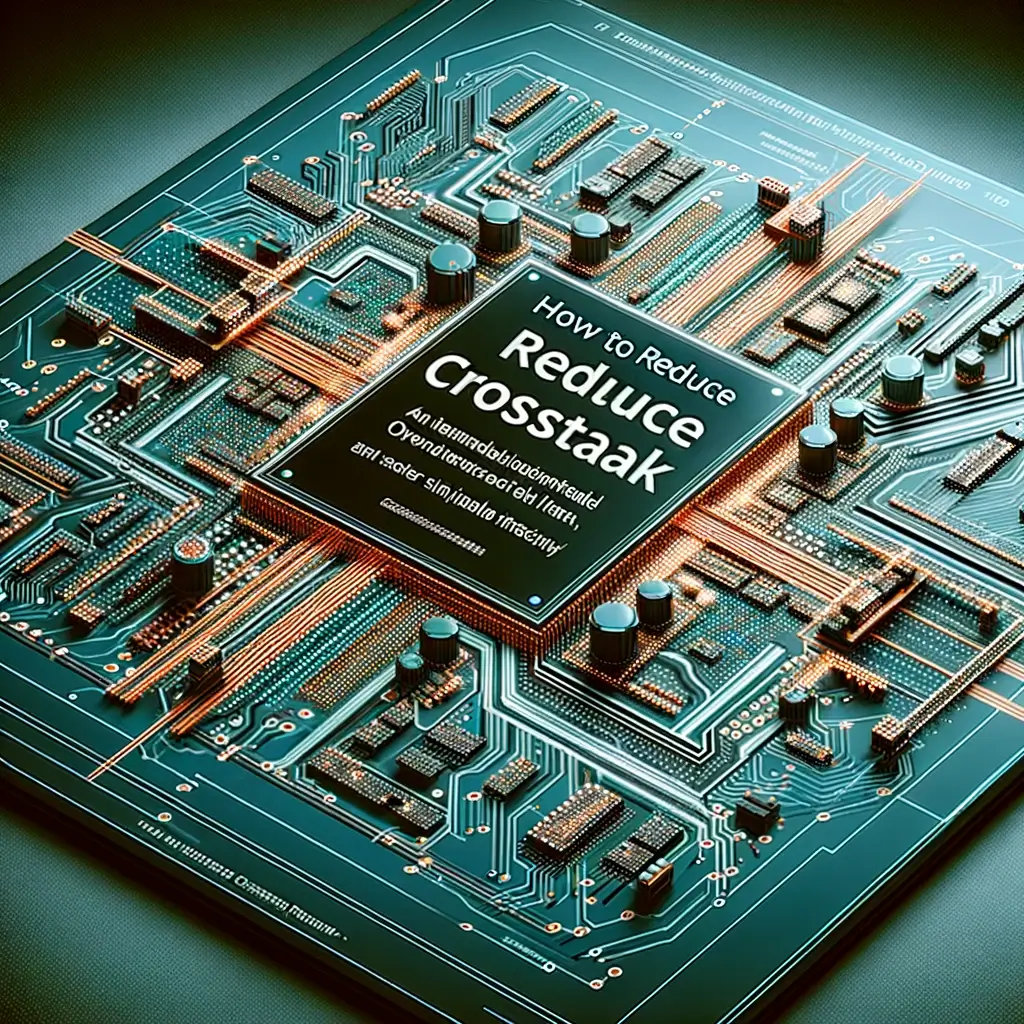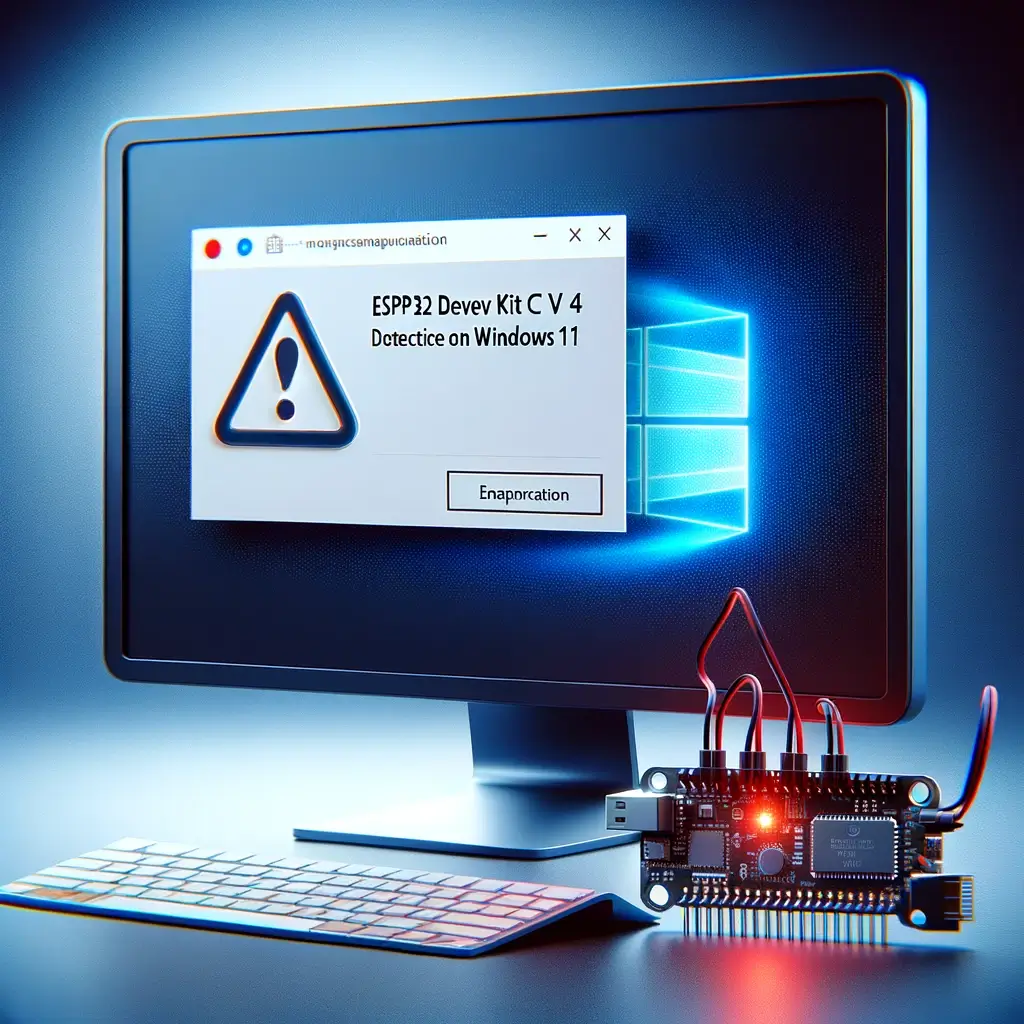Q.1 What are the best interview tips & tricks to crack for a good company for a fresher or experienced person describe the resume techniques as per industry requirements ?
-> Answer by Aswath – Embedded Engineer
Knowing how to do time and storage optimization in coding helps you to get recognized. Putting your skills first and your educational/ personal details next will help your resume to get attraction at first sight. Skills may include:-
The kind of microcontrollers/IDE you are familiar.
Rating of how strong are you with Analog/ Digital electronics and C/ CPP/ RTOS.
LinkedIn/ Github/ Blog/ Youtube channel hyper link.
Previous projects in one line each.
In case of freshers list your co-curricular activities which may include:
Tech competitions from IIT/ NIT/ any university.
National level tech competitions like eYantra.
Related workshops attended or organised.
Papers published.
Related events organised.
Talk and list your special skills to the interviewer : the kind of related value you bring to the company.
And most important one: Never lie in your resume.
-> Answer by Najeem– Hardware Engineer
Linkedin – https://www.linkedin.com/in/najeem-syed-41b38aa8/
-> Answer by Akshay Khairkar
Embedded Software Engineer – C , Embedded Linux, STM32 Microprocessor, C++ .
Embedded Hardware Engineer – Knowledge of PCB Designing
Have good grip on C language, for that refer to C in Depth book, if you don’t have money problem try to join any of the institute like CDAC or Vector
-> Answer by Madanarakesh. M
Q.2 I am beginner in Embedded Systems Industry, how can I proceed further in embedded Hardware and Software?
-> Answer by Aswath – Embedded Engineer
Proceed with writing your own Arduino libraries and learn about peripherals in a controller.
Convert all your Arduino code to embedded C/CPP for Atmega328/ similar ones.
Learn to do the above step without IDE and in linux using VIM and makefiles. ( can be skipped temporarily if looks too tough)
Once you are confident with embedded C/CPP and knowing how controllers work and process data start with STM32 ( bluepill is recommended as it is cheaper).
Learn RTOS using the same controller.
-> Answer by Vikrant Thakur – Embedded Software Engineer
Expertise in c programing
Hardware debugging and understanding
Network protocols
Algorithms designs and optimisation of task
OS level concepts – linux engineer
Understanding of architecture designs of MCU.
-> Answer by Najeem – Hardware engineer
Q.3 I am interested in learning embedded systems, but I am a beginner, how can I proceed further both in hardware and software?
-> Priyanka – Undergraduate Student , Embedded Enthusiastic
Linkedin – https://www.linkedin.com/in/priyanka-gupta-a91706152/
The first start can be given with learning C programming and working with Arduino. Further can be moved forward with other microcontrollers(STM-32, MSP430) but first clear the basics.
Identify real-world problems and try to give solutions with what you have learnt.
->Kalidas R , Embedded Engineer
Q.4 A B.Tech. graduate should opt job in embedded system or is it better to go for masters or PhD? If getting a job ASAP is not required, is it more beneficial to explore higher studies options first? Whether it is important to gain industry experience?
-> Answer by Vikrant Thakur
-> Answer by Santosh Kumar P
-> Answer by Kalidas R
Q.5 Is it a good option to explore Embedded Firmware and Embedded hardware and even expand the horizon towards system network protocols, or just get expertise in one of these? What’s the demand in the industry?
-> Answer by Akshay Khairkar
-> Answer by Kalidas R
Q. 6 What are good online course or content that can help the people to get started with embedded for exp and freshers?
-> Answer by Kalidas R
–> Answer by Akshay Khairkar
Udemy , Coursera, edx are one of the best platforms for fresher , according to the person interest they can do a course in any one of these platform
Q.7 What are the skills the market expects from an embedded software engineer?
–> Answer by most of the community members






